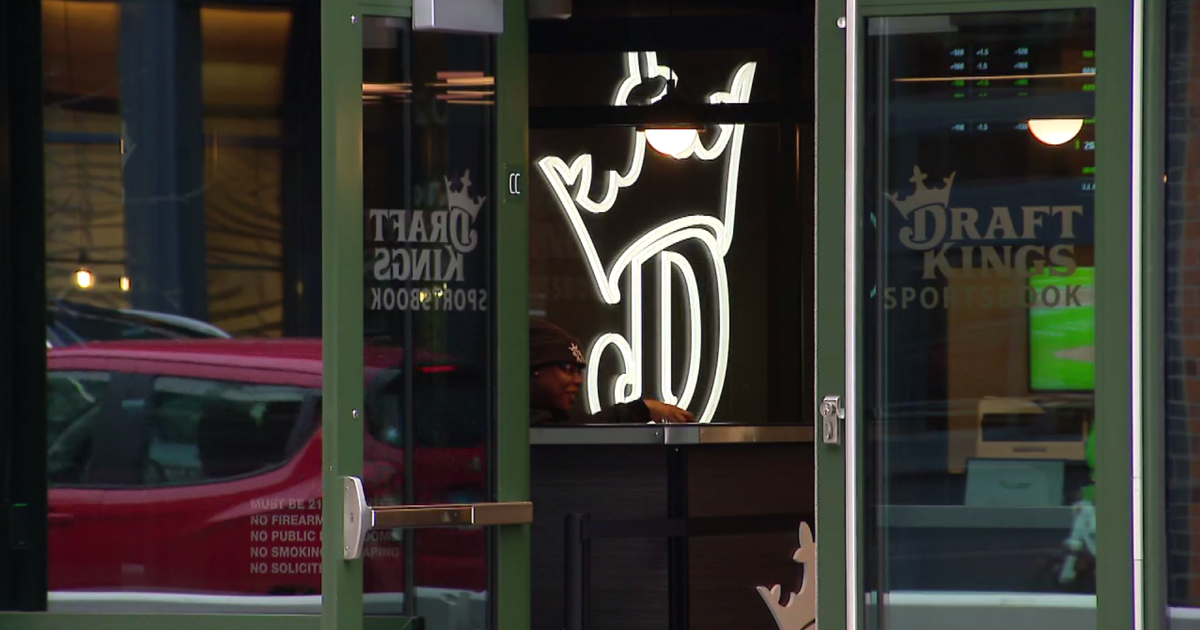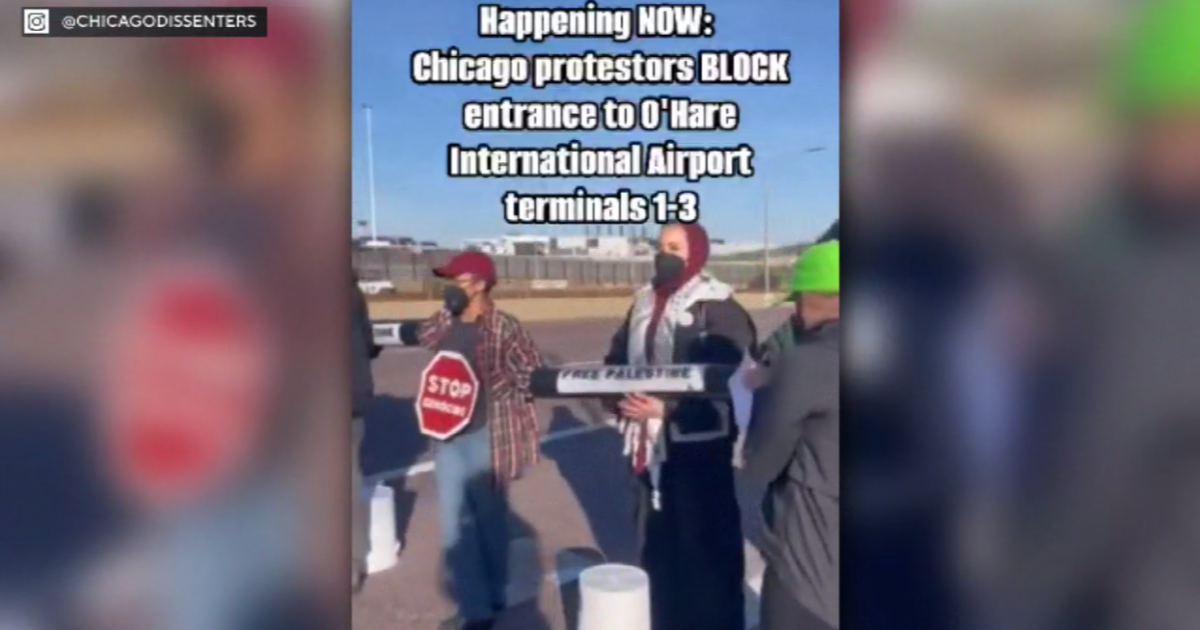Governor, Illinois Lawmakers Agree To Discuss The Budget
SPRINGFIELD, Ill. (AP) — In the break room, at the barbershop, on the street, it's heard over and over, like the refrain from a hit song: "Why don't they sit down and talk?"
Taxpayers have implored Gov. Bruce Rauner and Democrats who control the General Assembly to negotiate since the fiscal year started July 1 without a state spending plan in place.
Last week, seven good-government groups wrote a letter in the pleading tone typical of advocates seeking an answer.
"While leadership may not align on some core principles, we believe it is necessary for you to meet together, work through these issues, and agree on a budget," the letter said. "Now is the time to act, before the consequences become even more dire."
But this one serendipitously hit the right desk at the right time. According to one of the letter's authors, House Speaker Michael Madigan, a Chicago Democrat, responded positively and added a twist — make the meeting public.
It snowballed from there. Late Friday, the Republican Rauner took the reins and invited the leaders to meet with him in Chicago or Springfield on Nov. 18.
A LEADERS' MEETING? IN THE SAME ROOM?
For decades, Illinois' budget has been largely negotiated by the governor and the four partisan House and Senate leaders.
It was a ritual that, during the last weeks of May, the hall in front of the governor's second-floor Capitol office was a carousel of leading lawmakers entering and emerging from secret meetings.
Not so this year. Rauner, a businessman in his first year in office, is determined that before politicians decide on how to spend state tax money, they adopt changes to help business, such as restrictions on workers' compensation benefits, and to restore confidence in politics, by enacting term limits.
Democrats call them non-budget issues and accuse Rauner of holding the budget hostage to an agenda that will hurt the middle class and poor. They want a tax increase combined with cuts to meet the state's needs.
And only basic state operations — services ordered by state and federal court decrees — have continued. State workers have stayed on the job because a judge ensured their paychecks.
WHY THE SUDDEN DETENTE?
After the letter arrived, Susan Garrett, a former state senator and chairwoman of the Illinois Campaign for Political Reform, said Madigan responded and urged it be public. The Union League Club of Chicago stepped up and offered space for Nov. 18.
Rauner usurped them with an invitation of his own on Friday.
"While we appreciate the advocacy groups desire to be involved, we will pick up the organization of the meeting from here," Rauner wrote.
No offense taken, said Garrett. "The objective is to get them all to talk."
WHAT WILL HAPPEN?
That is the $38 billion question. Government forecasters say that's the amount the state could shell out this year — at least $5 billion more than it has — because there's no spending blueprint to regulate it.
It's one thing to get the five leaders in the same room, although in Illinois this year, that's a remarkable achievement. The last time was in May. It's another to see that they hear one another, or are willing to bend.
"We'll go," said Rikeesha Phelon, spokeswoman for Senate President John Cullerton. But does the Chicago Democrat have any more hope this time?
If "there's a willingness to actually work on a resolution, yes," Phelon said.
That means Democrats want to talk about the budget, not Rauner's "structural reforms."
But before seeing the agenda which Rauner says he'll circulate, they might re-read his invitation.
Wrote Rauner: "We must come together to agree on a package of structural reforms."
(TM and © Copyright 2015 The Associated Press. All Rights Reserved. This material may not be published, broadcast, rewritten or redistributed.)



